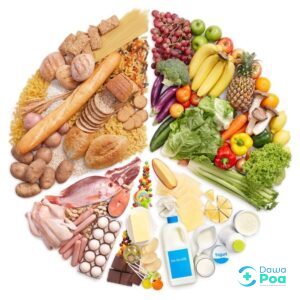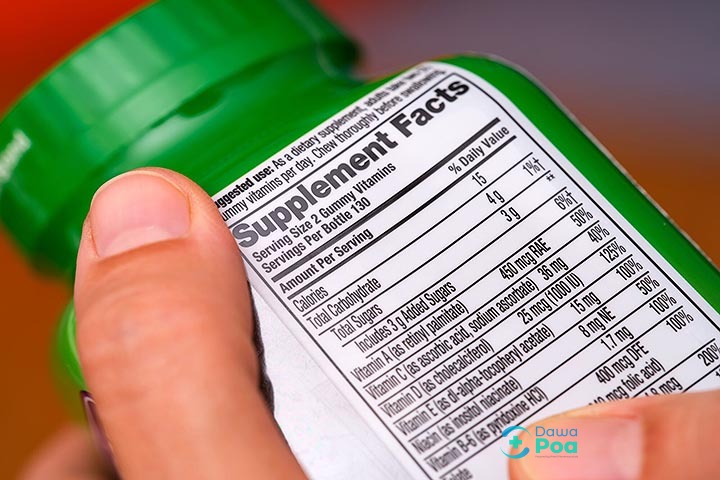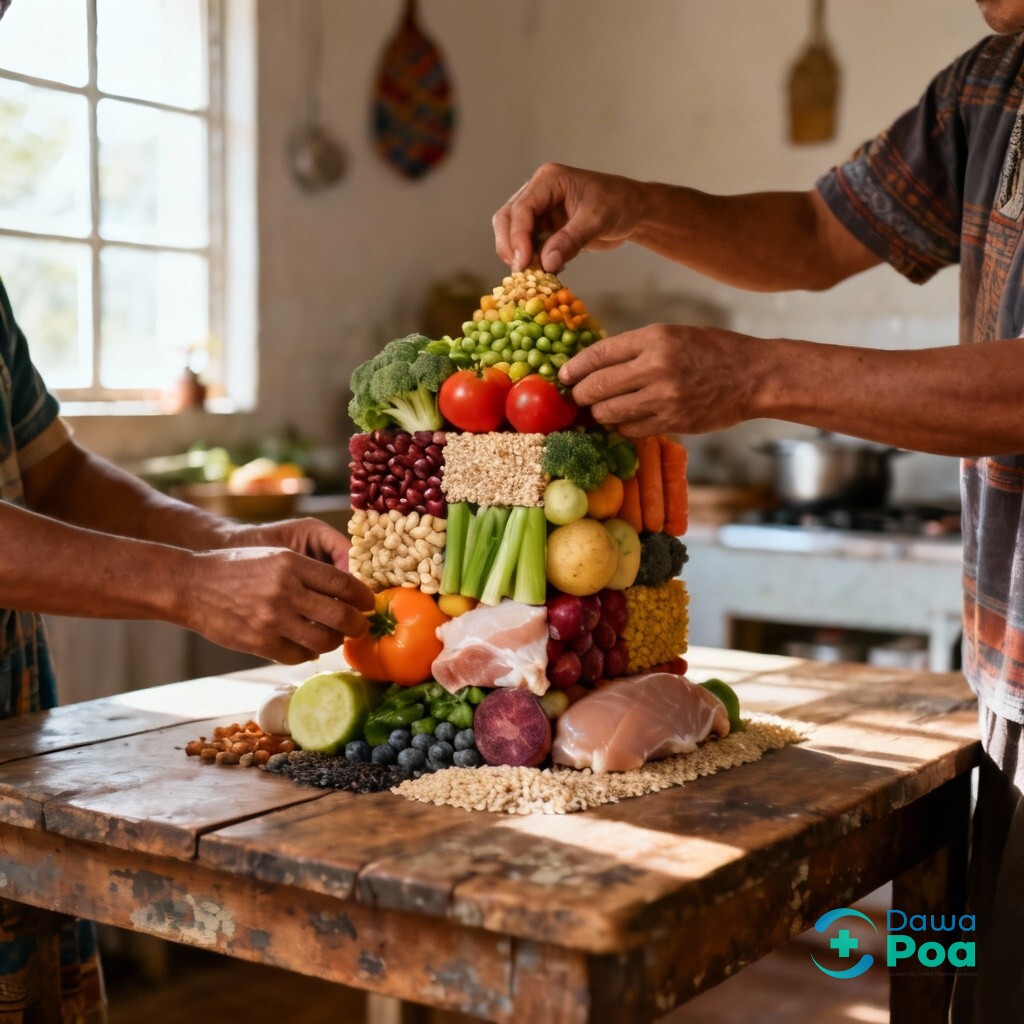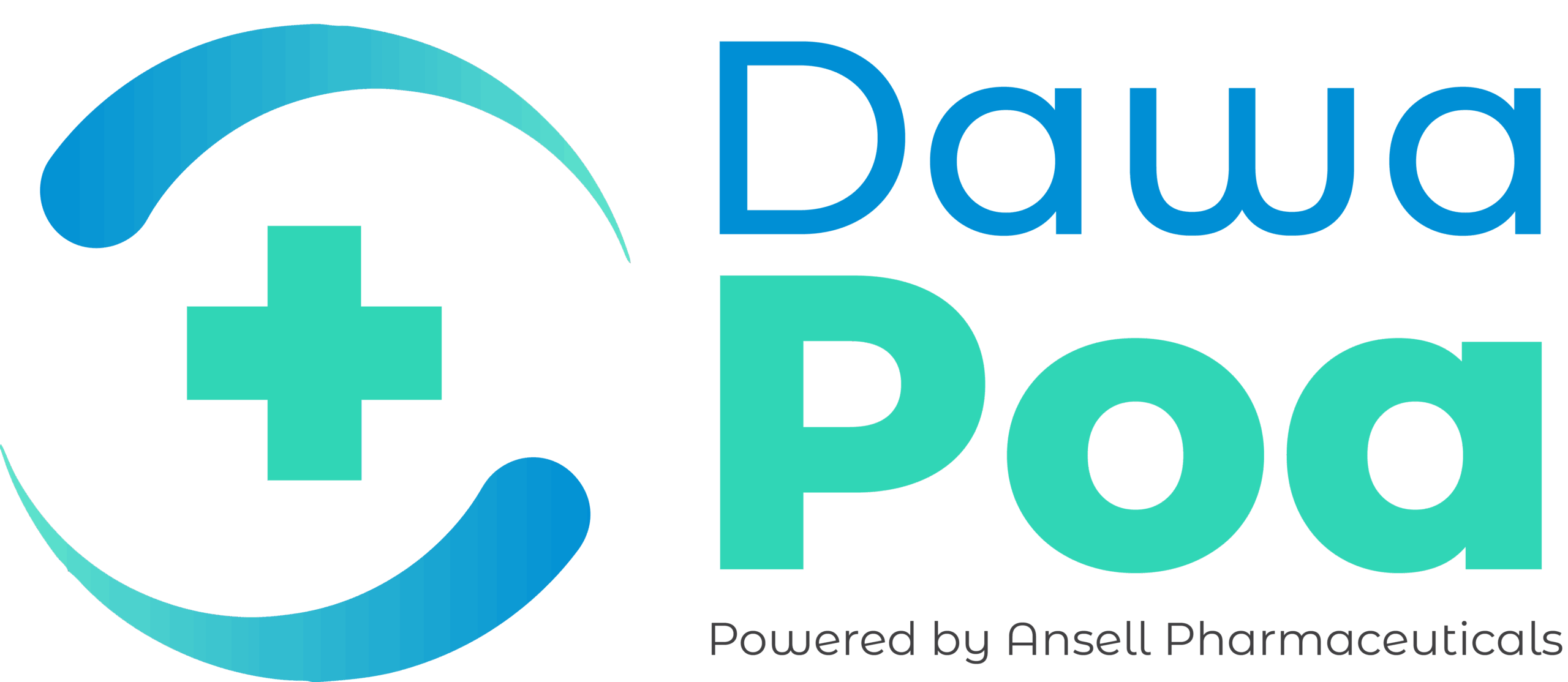Part 1: Your Complete Guide to Choosing the Right Vitamins & Supplements in Kenya
October 4, 2025 2025-10-24 8:21Part 1: Your Complete Guide to Choosing the Right Vitamins & Supplements in Kenya

Part 1: Your Complete Guide to Choosing the Right Vitamins & Supplements in Kenya
Picture this: You’re standing in a pharmacy staring at rows of colourful bottles promising everything from stronger bones to better brains; gorgeous hair to flawless skin.
While there, it hits you. . . .
Your teen needs something for his growth spurt, your nana needs something to grease her squeaky joints, and you? You’re just trying to keep everyone healthy while juggling work, family, and the hustle.
Kenya faces unique nutritional challenges that many of us don’t even realise.
Did you know that vitamin A deficiency affects over half of our children under five?
Or that iron deficiency and anaemia affect nearly 43% of pregnant women across the country?
These aren’t just statistics – these are our neighbours and families.
The good news:
The right vitamins and supplements can bridge these gaps. This series will help you make informed decisions about your family’s nutritional health.
Let’s start with what really matters for Kenyan bodies, Kenyan diets, and Kenyan lives.

Why Vitamins Matter for Kenyan Families
We’d all love to get every nutrient we need from our meals.
But between the hustle, the cost of living, and the reality of modern Kenyan life, it’s not always possible.
So, here’s why supplements matter:
The Busy Life Reality
You’re juggling work, hustle, kids’ school runs, and trying to put a decent meal on the table.
Sometimes there’s a monotony in the weekly offer – chapati and beans for dinner, Tea and bread for breakfast and mataha for lunch – and that’s okay!
Supplements can help fill the gaps when life’s hectic and the wallet’s bare.
Soil Depletion is Real
Our agricultural soils aren’t what they used to be.
Even when you’re eating your veggies, they might not pack the same nutritional punch they did decades ago.
It’s not cucu’s cucumbers anymore!
This is why supplementation matters, even for those with access to fresh produce.
Changing Weather Patterns
Climate change is affecting food security and the nutritional value of crops.
The unpredictable rains are not just inconveniencing your commute—they’re affecting what grows and what makes it to your plate.
The Urban Diet Challenge
City life often means more processed foods, more fast food, less time for meal prep, and fewer fresh vegetables.
Understanding Kenya’s Nutritional Landscape
What makes Kenya unique nutritionally:
The Maize Reality
Ugali is life. We know it, you know it, everyone knows it. But a maize-heavy diet, while culturally important and filling, can leave gaps in certain nutrients—especially vitamin A, Iron, and Zinc.
This isn’t about abandoning ugali, but understanding that we might need to supplement strategically and tweak the staple, however painful, to ensure better nutritional balance.
Did you know?
The world has over 50,000 edible plants. Yet, just three of them, rice, maize and wheat, provide 60 percent of the world’s food energy intake —source: Food and Agricultural Organisation.
Regional Differences Matter
Coastal Region:
You’ve got amazing access to fish but might struggle with iodine levels despite being near the ocean. The humidity can also affect how you store supplements.
Highland Areas:
Nairobi, Nyeri, Eldoret —your cooler climate is great for some crops, but vitamin D from sunshine might be an issue, especially during those chilly, overcast months.
Arid and Semi-Arid Areas:
If you’re in Turkana, Marsabit, or similar regions, accessing diverse foods is tougher. Supplementation becomes even more critical here.
The Fluoride Factor
Parts of The Rift Valley have naturally high fluoride in water.
This is great for teeth, in wee doses; but can affect thyroid function and how your body uses other minerals.
If you’re in some sections of the Rift Valley, ask your healthcare provider about this when choosing supplements.
Tea Culture and Iron Absorption
We LOVE our chai. Like, really love it. But here’s the thing: drinking tea with meals can reduce iron absorption.
If you’re supplementing with iron, take it between meals, not with or immediately after a cup of tea.
Kenya-Specific Supplement Needs
Based on our diet, climate, and lifestyle, here are the nutrients many Kenyans should pay attention to:
Vitamin A
Deficiency is common, especially in children. While we have indigenous vegetables rich in vitamin A – like mkunde and managu – not everyone has regular access. Supplementation can prevent night blindness and boost immunity.
Iron
Particularly important for women of childbearing age and children. With our diet being heavy on the staples Maize, Rice, and Wheat, and lighter on meat, iron deficiency anemia is widespread.
Iodine
Despite mandatory iodization of salt, many Kenyans still don’t get enough. This affects thyroid health, child development, and metabolism.
Vitamin D
“But we have sunshine!” Yes, but we also have melanin-rich skin (which requires more sun exposure to make vitamin D), office jobs, and pollution in cities that blocks UV rays. Plus, sunscreen (which you should wear) blocks vitamin D production.
Zinc
Critical for immune function and wound healing. Our plant-based heavy diet can be low in bioavailable zinc.
B Vitamins
Especially vitamin B 12 if you’re mostly vegetarian or vegan. These vitamins support energy production—and we all need energy for this hustle!
Calcium
If you’re not consuming enough dairy or traditional fermented milk (mursik), you might need supplementation, especially as you age.

Be a Pro in Reading Supplement Labels
Walk into a pharmacy in Kenya, and you’ll see supplements from India, China, Europe, Canada and the US, all with different labels. Here’s how to decode them:
What to Look For
The Active Ingredient List:
This tells you what vitamins or minerals are in the bottle. Don’t be fooled by fancy marketing on the front—flip to the back!
Amount Per Serving:
This shows how much of each nutrient you’re getting. One pill? Two pills? Check the serving size!
% Daily Value (DV):
This tells you what percentage of your daily needs each dose provides. But remember—these percentages are based on international standards, which might not perfectly match Kenyan needs.
Form of Nutrient:
Not all forms are created equal.
- Iron: Ferrous sulfate absorbs better than ferric oxide
- Calcium: Calcium citrate is gentler on the stomach than calcium carbonate
- Vitamin D: D3 (cholecalciferol) is more effective than D2
- Magnesium: Magnesium glycinate causes less digestive upset than magnesium oxide
Other Ingredients:
Watch out for:
- Fillers (usually harmless but add no value)
- Artificial colours (unnecessary)
- Allergens (wheat, soy, dairy if you’re sensitive)
- Sugar content (especially in gummy vitamins)
Red Flags to Avoid:
Beware the Too-Good-to-Be-True Claims
“Cures cancer!” “Melts belly fat!” “Boosts manhood overnight!” If it sounds like a miracle, it’s probably marketing nonsense. Real supplements support health—they don’t work magic.
Mega-Dosing Isn’t Always Better
Seeing 1000% of the daily value? That’s not necessarily good! Fat-soluble vitamins (A, D, E, K) can accumulate to toxic levels. More isn’t always better.
Expired Products
Check those dates! Our heat and humidity can degrade supplements faster than in cooler climates.
Suspiciously Cheap Imports
We all love a bargain, but supplements are something you don’t want to cheap out on. Counterfeit supplements are a real problem. Buy from reputable pharmacies and suppliers.
Understanding Kenyan Regulations
The Pharmacy and Poisons Board (PPB) regulates supplements in Kenya. Some of the things to look for:
- PPB approval or registration number. Follow this link
- Proper labelling in English
- Product Batch Number
- Manufacturing and expiry dates
- Manufacturer’s contact information
If a supplement lacks these basics, think twice before buying.

Storage Tips for the Kenyan Climate
Our heat and humidity can degrade supplements quickly: So . . . .
- Store in a cool, dry place.
- Keep bottles tightly closed
- Some supplements (like probiotics and certain fish oils) need refrigeration
- Don’t transfer pills to other containers—the original bottle is designed for protection
Conclusion
Understanding vitamins and supplements isn’t about becoming a nutrition scientist.
It’s about making informed choices for yourself and your family in the context of Kenyan life.
You now know why supplements matter for our specific situation, what our nutritional landscape looks like, which nutrients we commonly need, and how to read those confusing labels.

Remember: Supplements are meant to supplement [completes or makes an addition], not replace, [to take the place of especially as a substitute] a balanced diet.
They’re your backup dancers, not the main act. The goal is always to eat as varied and nutritious a diet as possible, then use supplements to fill genuine gaps.
Important:
Your Kenyan supplement strategy should be personalized: What works for someone in Kilimani might not work for you in Kingorani.
Consider your age, your diet, where you live, your health status, and your specific needs.
When in doubt, consult a healthcare professional who understands the Kenyan context.
In the next article, we’ll dive into specific vitamin recommendations for babies, toddlers, and school-going children—because getting nutrition right from the start sets the foundation for a lifetime of health.
Remember: This guide is for educational purposes. Always consult with a qualified healthcare provider before starting any new supplement regimen, especially if you have existing health conditions or take medications.
Search
Categories
Recent Posts
- Part 5: The Ultimate Guide for Conception, Pregnancy & Breastfeeding
- Part 4: For Young Adults (19-35 Years): The Hustle Years
- Part 3: The Ultimate Age-by-Age Vitamin Guide – Teenagers
- Part 2: The Ultimate Age-by-Age Vitamin Guide – From 0 to 12 Years.
- Part 1: Your Complete Guide to Choosing the Right Vitamins & Supplements in Kenya




